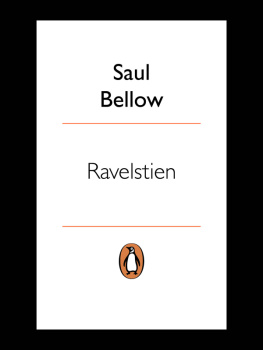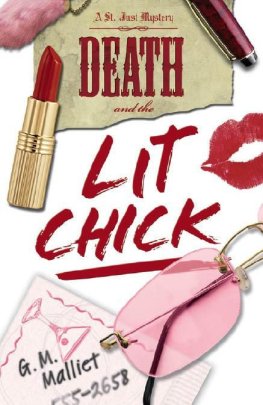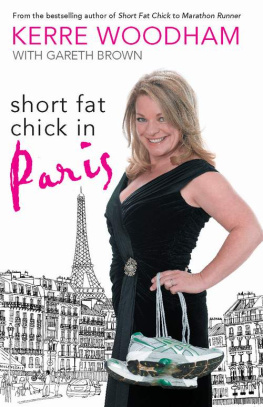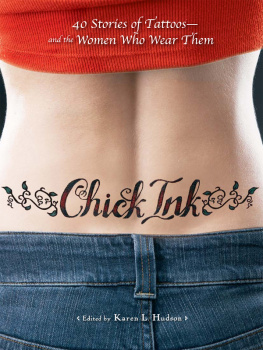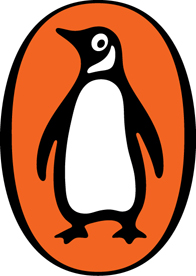PENGUIN CLASSICS
Published by the Penguin Group
Penguin Books Ltd, 80 Strand, London WC2R 0RL , England
Penguin Group (USA) Inc., 375 Hudson Street, New York, New York 10014, USA
Penguin Group (Canada), 90 Eglinton Avenue East, Suite 700, Toronto, Ontario, Canada M4P 2Y3 (a division of Pearson Penguin Canada Inc.)
Penguin Ireland, 25 St Stephens Green, Dublin 2, Ireland (a division of Penguin Books Ltd)
Penguin Group (Australia), 707 Collins Street, Melbourne, Victoria 3008, Australia (a division of Pearson Australia Group Pty Ltd)
Penguin Books India Pvt Ltd, 11 Community Centre, Panchsheel Park, New Delhi 110 017, India
Penguin Group (NZ), 67 Apollo Drive, Rosedale, Auckland 0632, New Zealand (a division of Pearson New Zealand Ltd)
Penguin Books (South Africa) (Pty) Ltd, Block D, Rosebank Office Park, 181 Jan Smuts Avenue, Parktown North, Gauteng 2193, South Africa
Penguin Books Ltd, Registered Offices: 80 Strand, London WC2R 0RL , England
www.penguin.com
First published in the United States of America by Viking Penguin 2000
Published in Great Britain by Penguin 2000
Published in Penguin Books 2001
Published in Penguin Modern Classics 2008
Copyright Saul Bellow, 2000 All rights reserved
The moral right of the author has been asserted Printed in England by Clays Ltd, St Ives pic
ISBN: 978-0-141-91681-1
THE BEGINNING
Let the conversation begin...
Follow the Penguin Twitter.com@penguinukbooks
Keep up-to-date with all our stories YouTube.com/penguinbooks
Pin Penguin Books to your Pinterest
Like Penguin Books on Facebook.com/penguinbooks
Find out more about the author and
discover more stories like this at Penguin.co.uk
ABOUT THE AUTHOR
Saul Bellow (19152005) is the only novelist to receive three National book awards, for The Adventures of Augie March, Herzog, and Mr. Sammlers Planet. In 1975, he won the Pulitzer Prize for his novel Humboldts Gift. The Nobel Prize in Literature was awarded to him in 1976 for the human understanding and subtle analysis of contemporary culture that are combined in his work. In 1990, Mr Bellow was presented with the National Book Award Foundation Medal for distinguished contribution to American letters. He has also received the National Medal of Arts. His books include Dangling Man (1944), The Victim (1947), The Adventures of Augie March (1953), Seize the Day (1956), Henderson the Rain King (1959), Herzog (1964), Mosbys Memoirs (1969), Mr. Sammlers Planet (1970), Humboldts Gift (1975), To Jerusalem, and Back (1976), The Deans December (1982), Him With His Foot in His Mouth and Other Stories (1984), More Die of Heartbreak (1987), A Theft (1989), The Bellarosa Connection (1989), Something to Remember Me By (1991), It AU Adds Up (1994), The Actual (1997), Ravelstein (2000) and Collected Stories (2001).
I would like to thank my editor, Beena Kamlani, for her talent and her clairvoyance. S. B.
PENGUIN MODERN CLASSICS
Ravelstein
Just when we didnt expect it, there now wonderfully comes a large new novel from the master Malcolm Bradbury, The Times
In terms of richness of metaphor, fecundity of ideas and sheer undiminished curiosity, theres still no one to beat him
Anthony Russell, Mail on Sunday
Breathtakingly indiscreet Abe Ravelstein is the American mind and Bellow its finest living (thank God) voice
John Sutherland, Sunday Times
Bellows return, with Ravelstein, to an earlier, freer, more voice-driven exuberance is an astonishment to me. I have to keep reminding myself that the author was born, not in 1950, but in 1915
Martin Amis in Experience
Rich and nuanced choice bits of prose appear on every page, glinting like diamonds Mr Bellow, the undisputed emperor of the American sentence, can still make us honorably feel things Ravelstein is his best book in years, were sorry when its over New York Observer
How extraordinary that Bellows substantial new novel should be so full of the old, cascading power, its prose displaying that august raciness one remembers from Herzog and Humboldts Gift, darting with metaphor and wit James Wood, Guardian
Familiar and fresh, streetwise and lyric, possessing all the ease expected of a literary master The genius of this exciting, thoughtful narrative lies in its honesty, its gentle tone, lack of pretension and portrayal of Ravelstein Eileen Battersby, Irish Times
A relaxed and vivid picture of a complex and contrary individual. A startling, fresh, intimate picture Carl MacDougall, Herald
The book rings with laughter and joy Ravelstein is an extraordinary character it is hard not to feel privileged at being allowed a glimpse into a human connection as intimate and rewarding as this one Jonathan Yardley, Washington Post Book World
Odd that mankinds benefactors should be amusing people. In America at least this is often the case. Anyone who wants to govern the country has to entertain it. During the Civil War people complained about Lincolns funny stories. Perhaps he sensed that strict seriousness was far more dangerous than any joke. But critics said that he was frivolous and his own Secretary of War referred to him as an ape.
Among the debunkers and spoofers who formed the tastes and minds of my generation H. L. Mencken was the most prominent. My high school friends, readers of the American Mercury, were up on the Scopes trial as Mencken reported it. Mencken was very hard on William Jennings Bryan and the Bible Belt and Boobus Americanus. Clarence Darrow, who defended Scopes, represented science, modernity, and progress. To Darrow and Mencken, Bryan the Special Creationist was a doomed Farm Belt absurdity. In the language of evolutionary theory Bryan was a dead branch of the life-tree. His Free Silver monetary standard was a joke. So was his old-style congressional oratory. So were the huge Nebraska farm dinners he devoured. His meals, Mencken said, were the death of him. His views on Special Creation were subjected to extreme ridicule at the trial, and Bryan went the way of the pterodactylthe clumsy version of an idea which later succeededthe gliding reptiles becoming warm-blooded birds that flew and sang.
I filled up a scribbler with quotes from Mencken and later added notes from spoofers or self-spoofers like W. C. Fields or Charlie Chaplin, Mae West, Huey Long, and Senator Dirksen. There was even a page on Machiavellis sense of humor. But Im not about to involve you in my speculations on wit and self-irony in democratic societies. Not to worry. Im glad my old scribbler has disappeared. I have no wish to see it again. It surfaces briefly as a sort of extended footnote.

